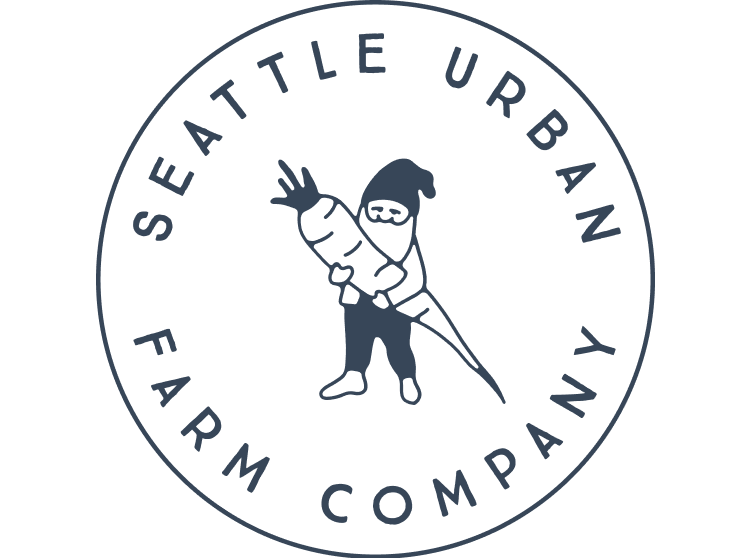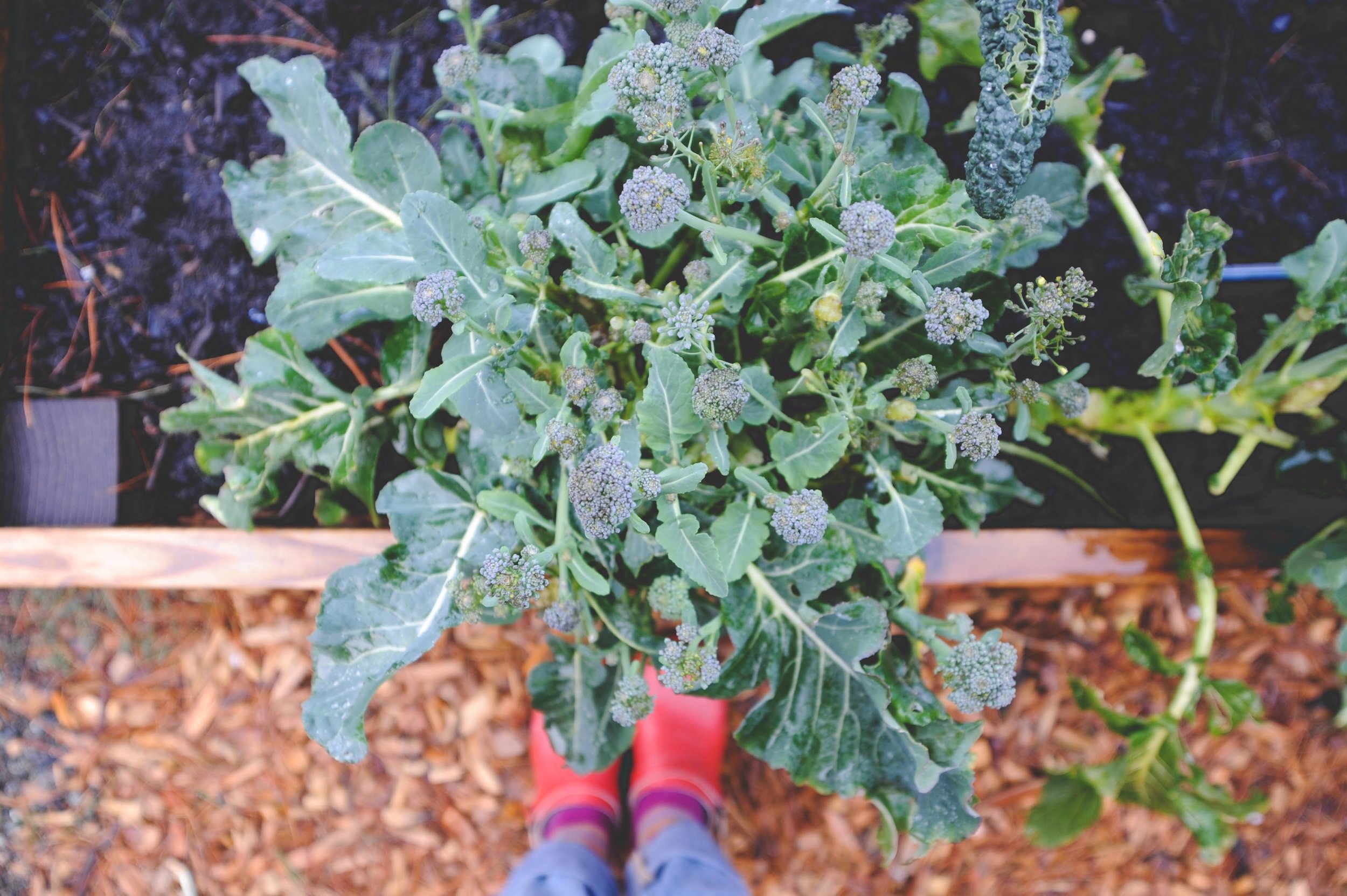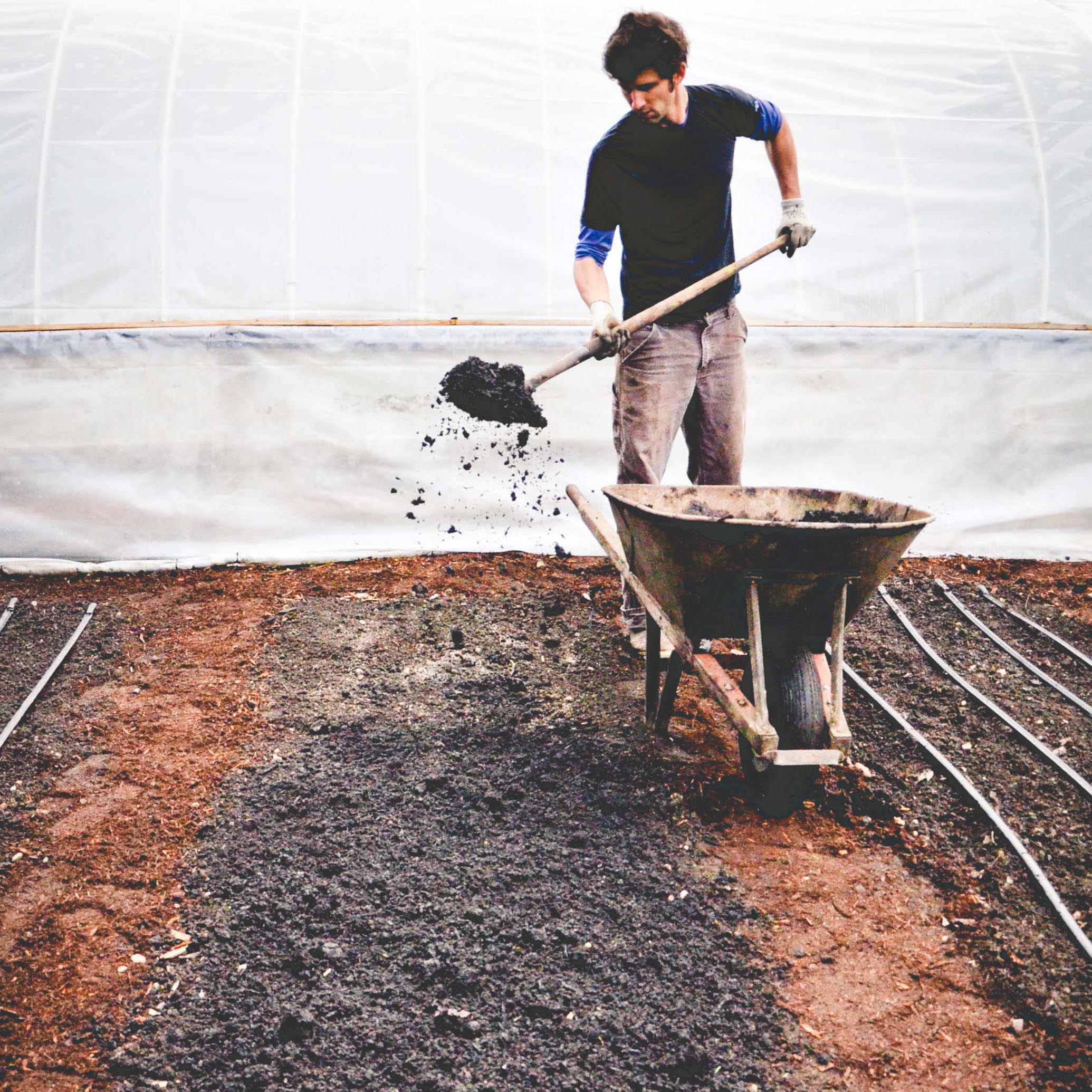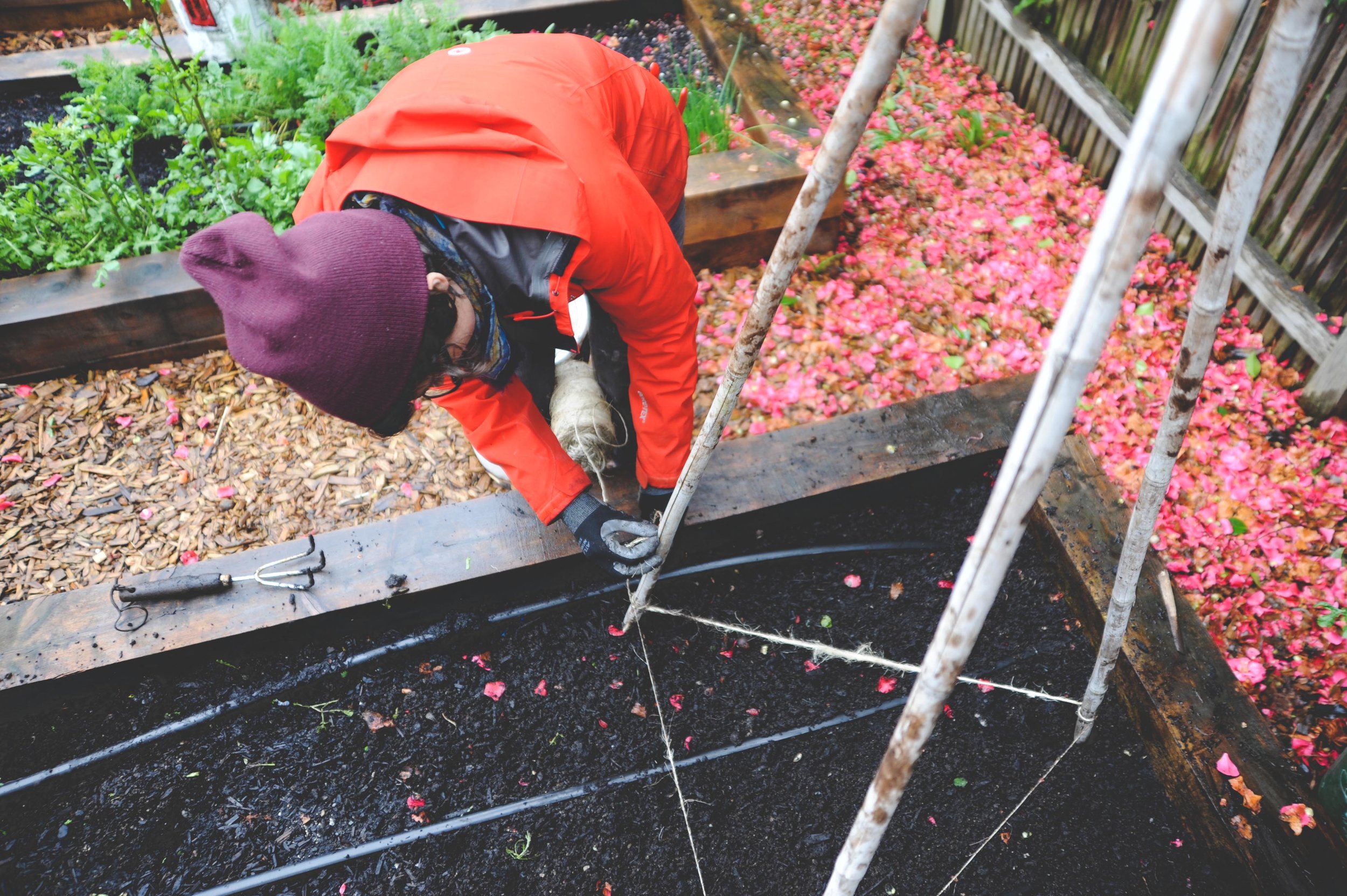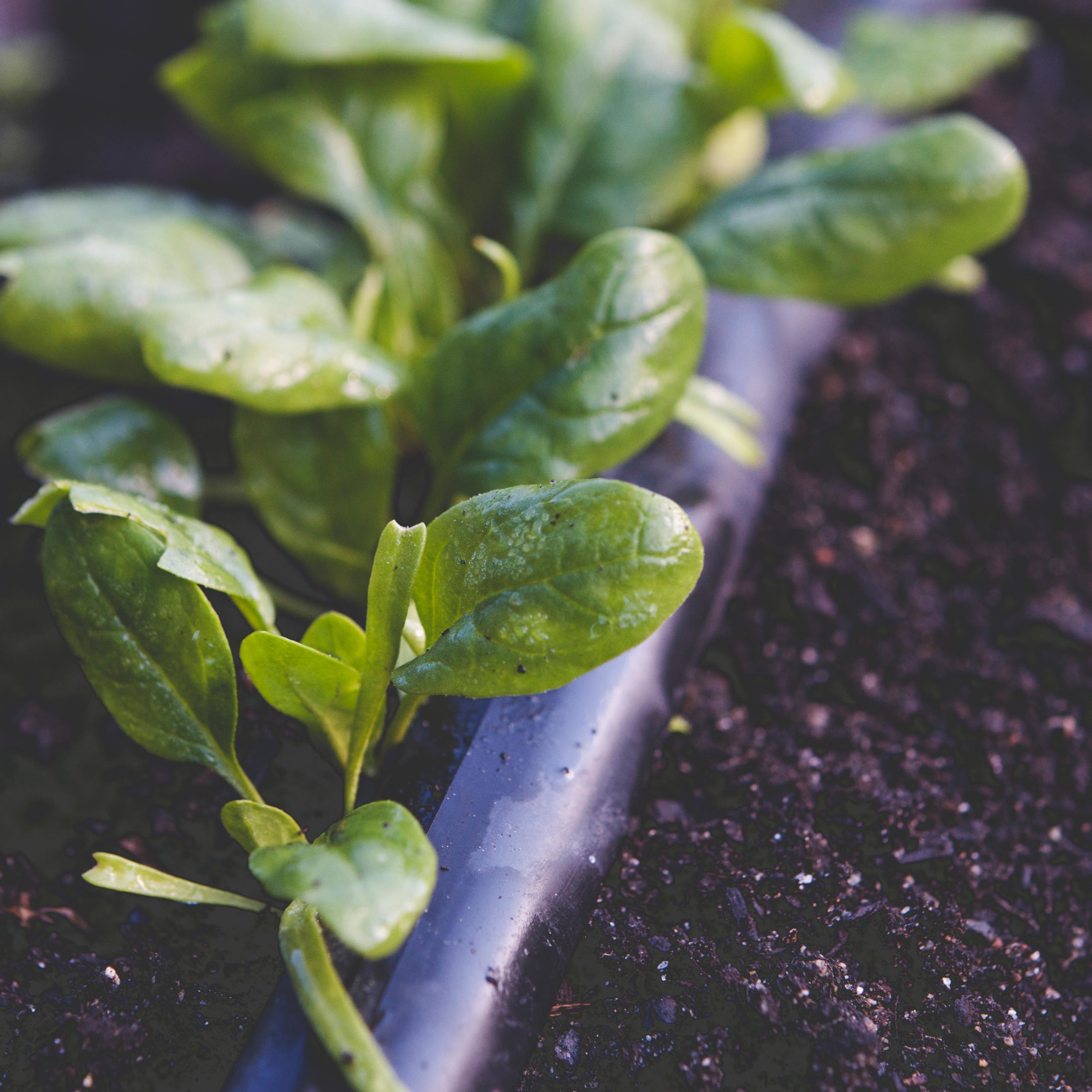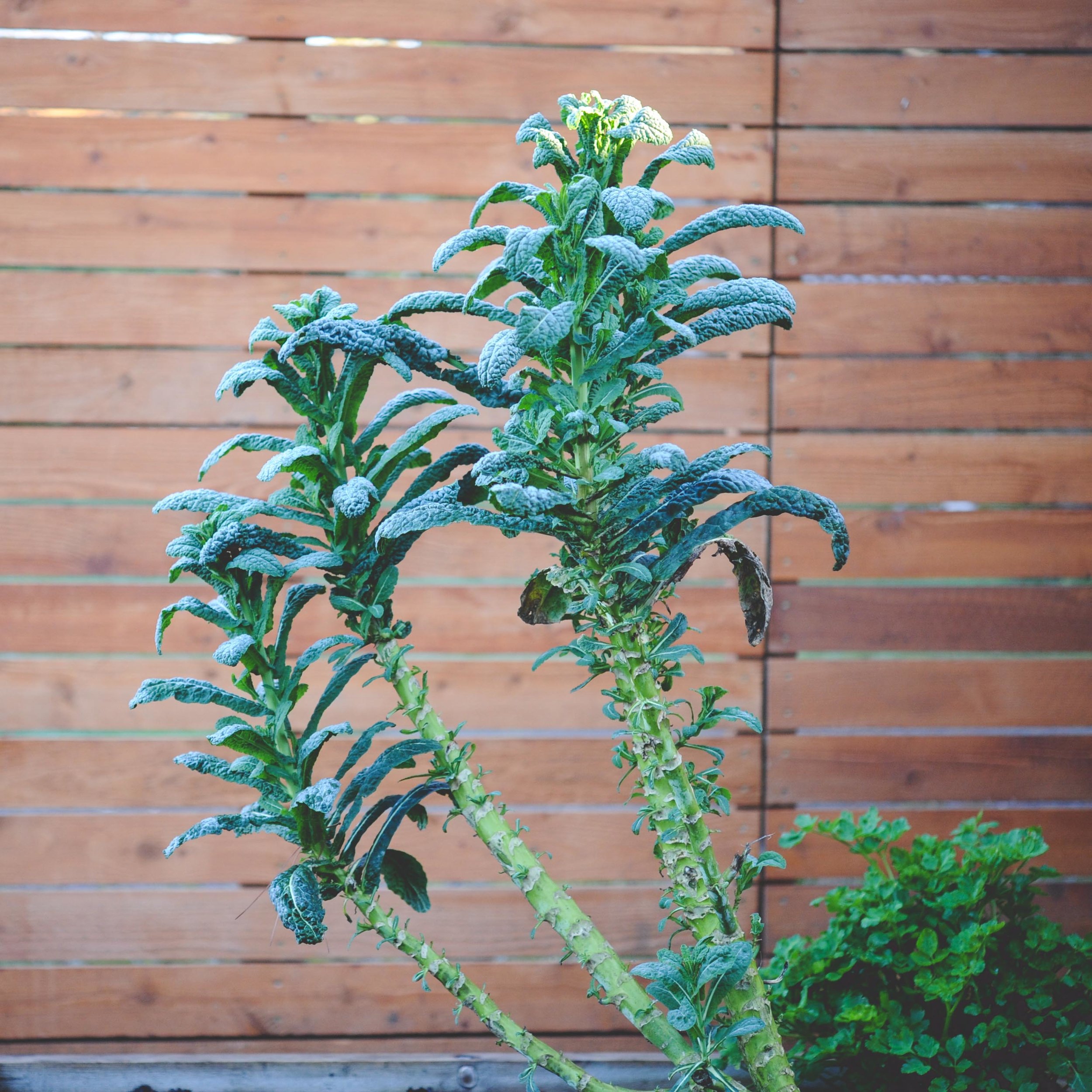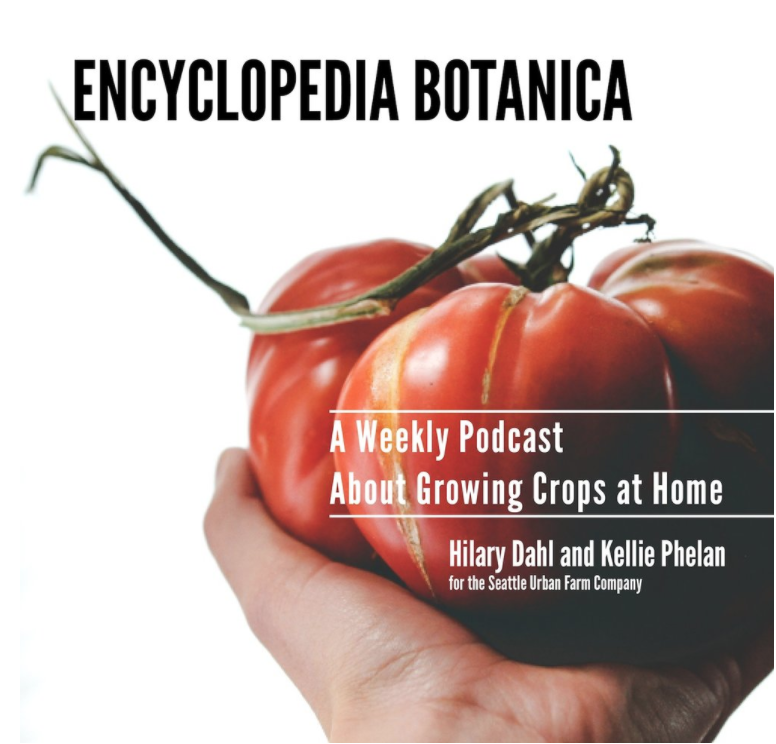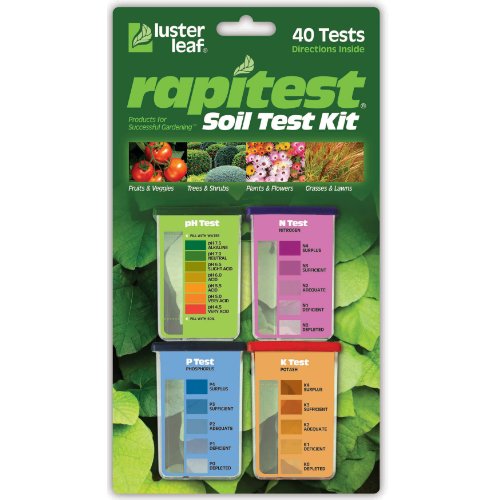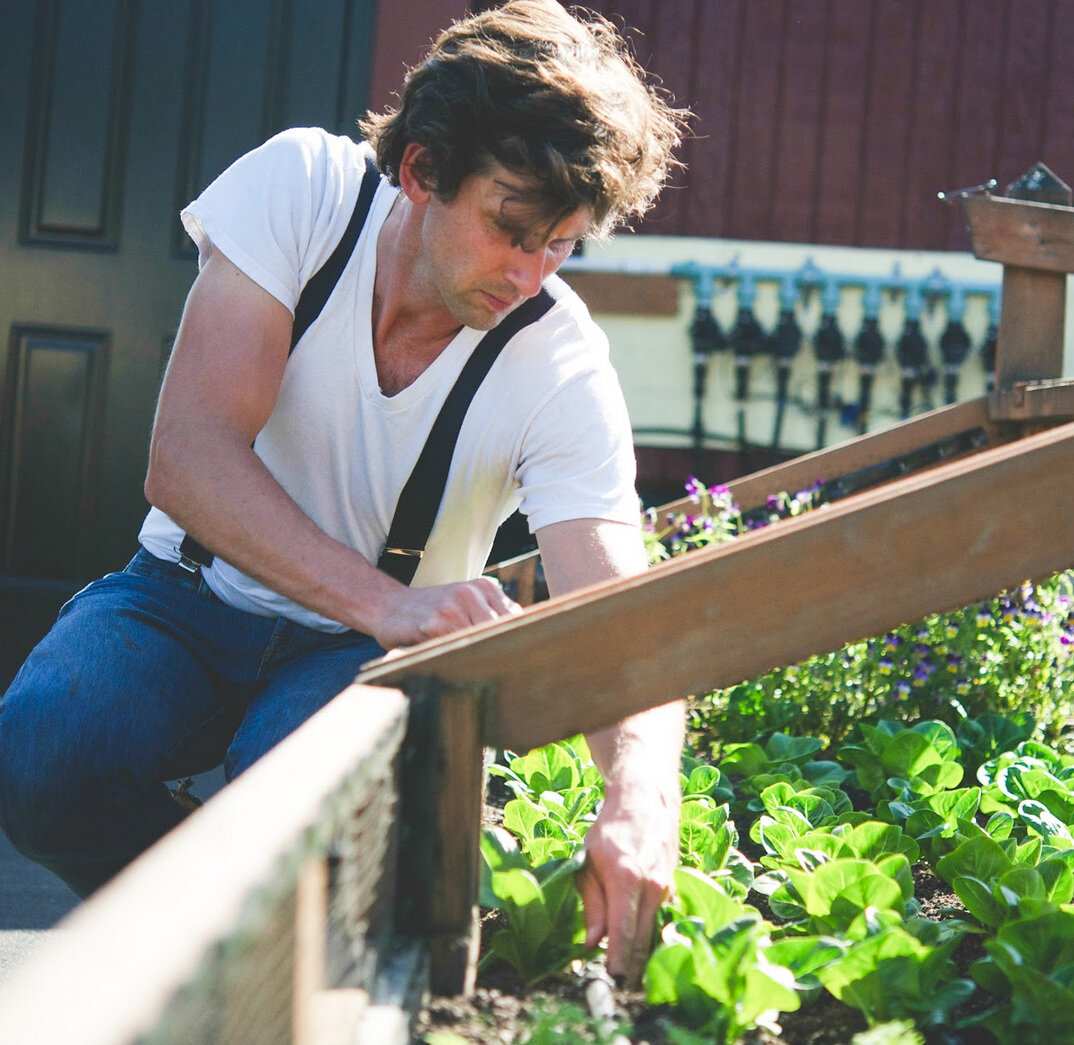This week we will be discussing how to use compost as a fall garden amendment. In particular, we're going to talk about it how you can use compost to improve and protect your soil over the wet winter months.
HOW TO LISTEN:
Listen right now in your browser by clicking above.
Subscribe in iTunes (or your favorite podcast player) to have our podcasts sent directly to your device.
SHOW NOTES:
In this episode, we discuss:
What is compost and why is it good for your garden?
What’s the difference between compost and soil?
What is mulch?
Important Take-aways:
When cleaning up your garden in the fall (or at the end of your growing season), we recommend applying a 2-3 inch layer of compost to the top of your beds.
Compost is essentially another word for decayed organic matter. And organic matter is one component of soil.
A typical natural soil is made up of about 45 percent minerals, 25 percent water, 25 percent air, and only 5 percent organic matter.
In a garden, organic matter content can be much higher. In fact, in many gardens we use a soil mix that is 50% compost and 50% sand. Other growers will plant into 100% compost. Generally speaking, an organic matter content of 10-50% is appropriate for a vegetable garden.
If you'd like to learn the make-up of your soil, get a soil test! Here are two labs that we use on a regular basis:
Heard on the Episode:
“High quality compost will have been managed so that it reached a temperature of at least 160 degrees during the decomposition process. This high temperature kills the pathogens and the weed seeds in the organic matter. This is crucial because there's nothing worse than top-dressing your garden just to have it sprout in the spring!” - Hilary Dahl
“Don’t throw your food scraps directly into the garden!” - Kellie Phelan
Like what you hear? Please share our podcast with a friend. Subscribe on iTunes or your favorite podcast player so you never miss a beat. And we'd really appreciate you showing us some love by leaving a rating and review on iTunes.
Have a topic you'd like see us dig in to? Leave us a note in the comment section below or #EBpodcast on Instagram and Twitter!
Fall Clean-up Tools We Recommend:
Hilary Dahl is a co-owner of Seattle Urban Farm Company and host of the Encyclopedia Botanica podcast. Since 2010 Hilary Dahl has been helping beginning and experienced growers create beautiful and productive gardens. She has the unique experience of working in on a wide range of projects, from small backyard garden plots to multi-acre vegetable farms. She also works in her own garden every day after work. Hilary is also the creator of our podcast, the Encyclopedia Botanica, which she started as a way to share effective and efficient garden management techniques, and as a way to spread her love of growing food and flowers!
Colin McCrate has been growing food organically for over 25 years. He worked on a variety of small farms in the Midwest before moving to the west coast in 2003 to teach garden-based environmental education. He founded the Seattle Urban Farm Company in 2007 with the goal of applying years of horticultural and agricultural expertise to help aspiring growers get projects off the ground or more accurately; in the ground.
Since starting Seattle Urban Farm Co in 2007, he has helped guide hundreds of urban farmers through the design, construction and management of their own edible landscape. Colin is the author of three books; Food Grown Right, In Your Backyard(Mountaineers Books, 2012) and Grow More Food (Storey Publishing, 2022); and is a garden writer for the Seattle Times.
